Tech Resolutions #5: why I’m finally getting smart about internet privacy
Andrew Williams reveals what's prompted him to finally get clued up about web snoopers...
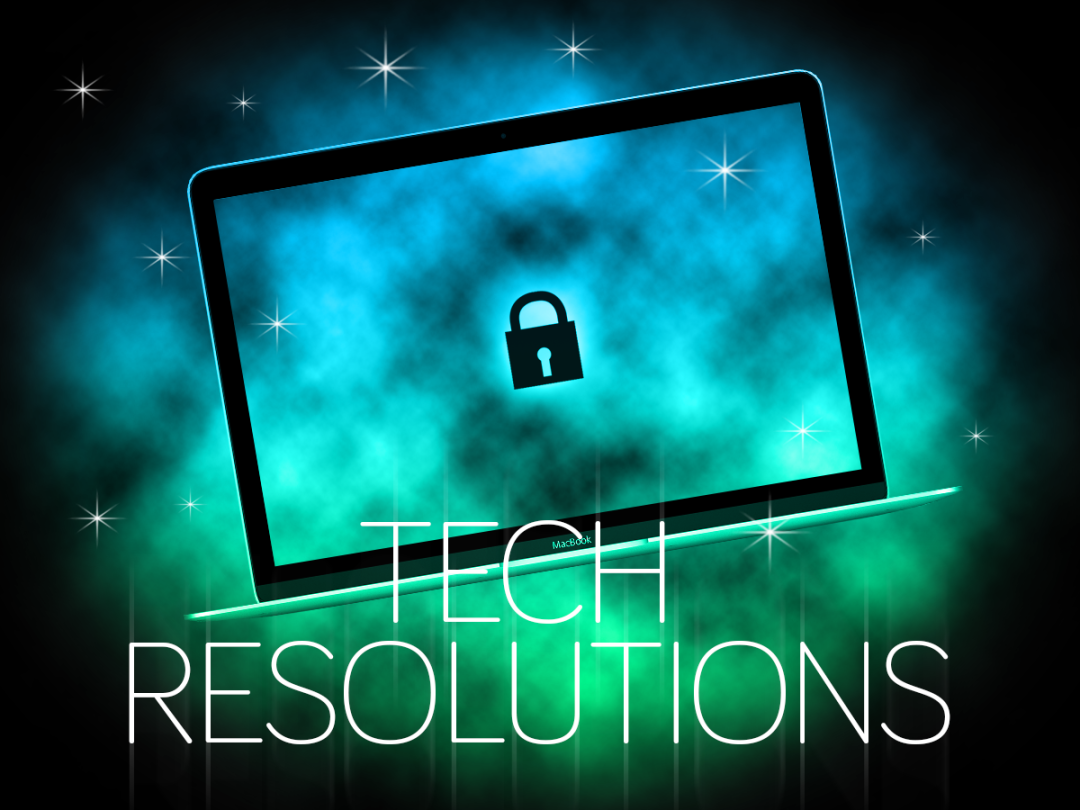
Just a few years ago, you could get by online with four simple rules.
Firstly, don’t use your dog’s name for all your account passwords. Similarly, don’t give your Wi-Fi password to your weird neighbour just because their internet isn’t setup yet. Don’t visit (too many) dodgy websites. If you have to, make sure you have a virus scanner.
And, whatever you do, don’t click any pop-ups that claim they’ll a) clean your system or b) let you work from home and earn £100 an hour.
Despite being quite tech-savvy, I’ve still been winging it with these basics. I’m lazy, like many. But I’ve also realised waiting for something to go wrong is like waiting to be robbed before you buy home contents insurance. Internet privacy and security matter.
A close shave
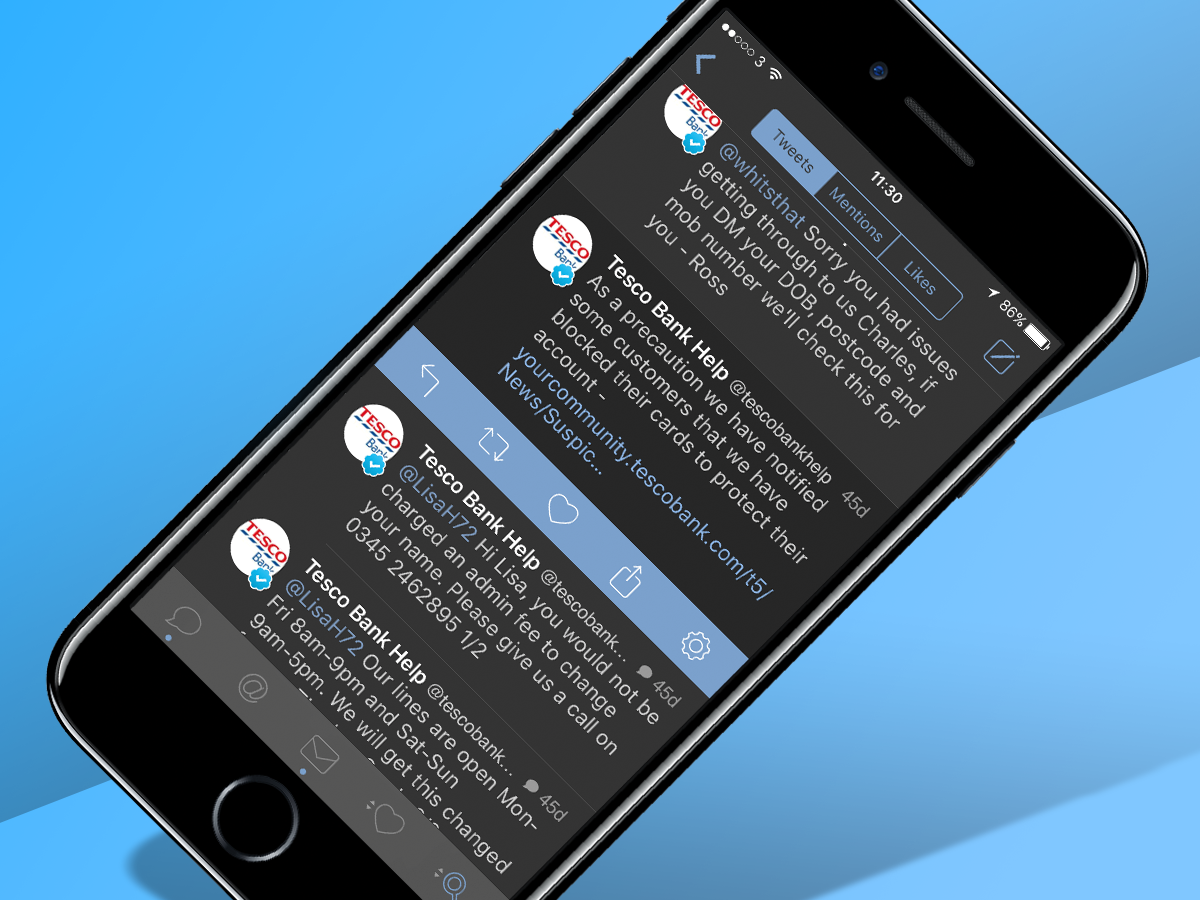
What made me think twice was a close call that almost derailed something I’ve been working for all year.
A few months ago I managed to scrape together the money to put down a deposit on my first home. Just two days after I paid my life savings into this money pit, Tesco Bank was hacked and all transfers were put on lockdown. If I’d waited just two days, I’d have been screwed. Cue homelessness and enough stress to age you ten years in 24 hours.
These breaches happen all the time. They’re unavoidable, but being lax about security and privacy open you up to a personal attack that sees life savings evaporate into the cloud rather than just being inaccessible for a couple of days. So, yes, maybe it’s time to get a bit more serious about security and privacy.
Keep it cryptic › What’s the best password manager?
First step: password managers
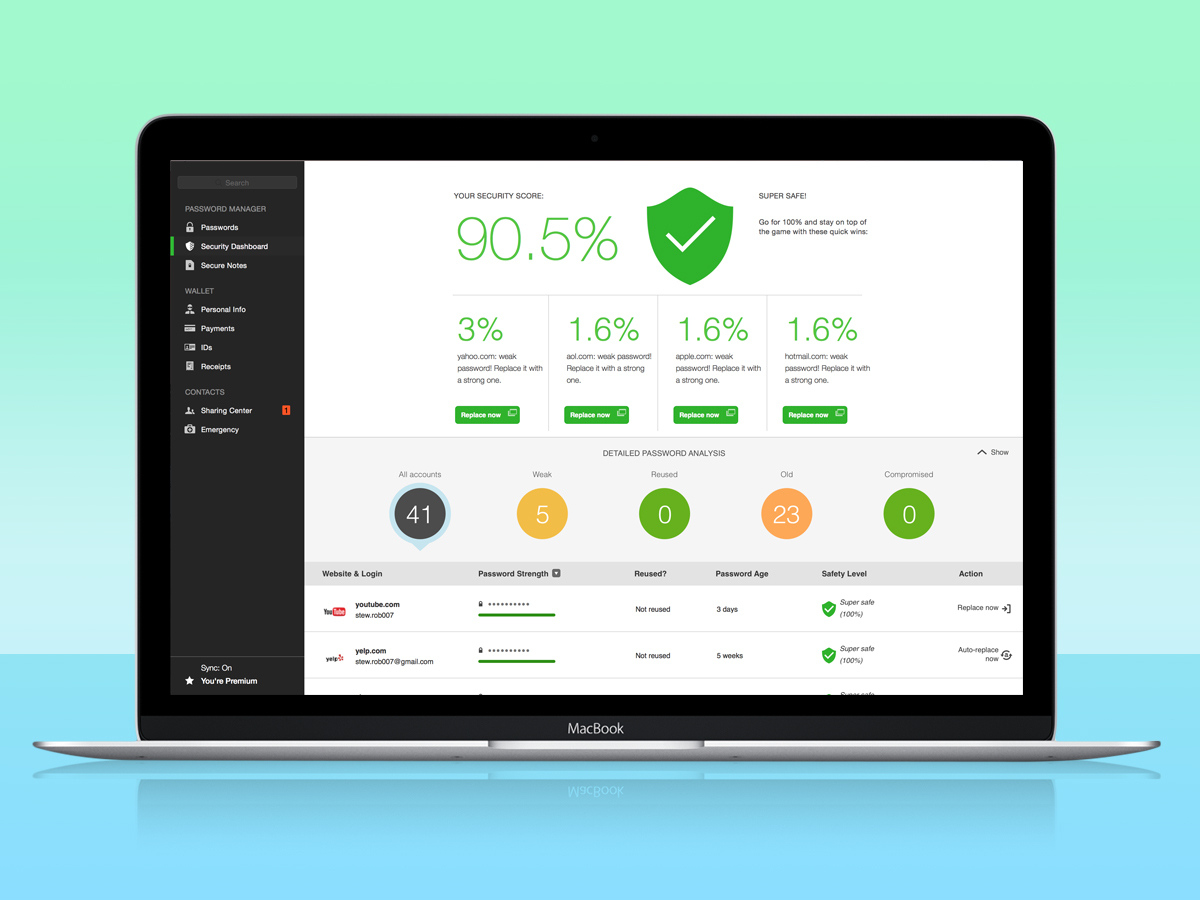
Step one: fixing my passwords. I can barely remember what I had for dinner last night, so going the traditional route and actually remembering more, and more complex, passwords is a bust. Thankfully, I can cheat.
There are absolutely loads of apps that not only remember your passwords, but can input them as needed and create super-secure new ones for you. The app I’ve been trying recently is Dashlane.
It’s so proactive I ended up swatting it away a few times when trying to quickly order some late-night Christmas presents online. I’m getting there, but I’m not the finished article yet.
These apps are a bit like bank vaults, hiding your passwords behind a wall of 256-bit “military grade” encryption. What this means is the key used to unlock your data is one of 2 to the power of 256 keys. That’s so many it’d take a computer longer than the age of the universe to crack it.
It feels slightly sad to wave goodbye to those old “first pet and then the number 1” passwords, but anything that can be tracked back to you is a no-no. The old advice that passwords should be something you can easily remember doesn’t stack up anymore. Use one of these password managers and you only need to remember one master password.
I still can’t remember the Wi-Fi key of the Virgin Media router I use daily to test all the gadgets I review at Stuff, so this is going to have to be one of 2017’s brain food exercises.
What the cripes is a VPN?
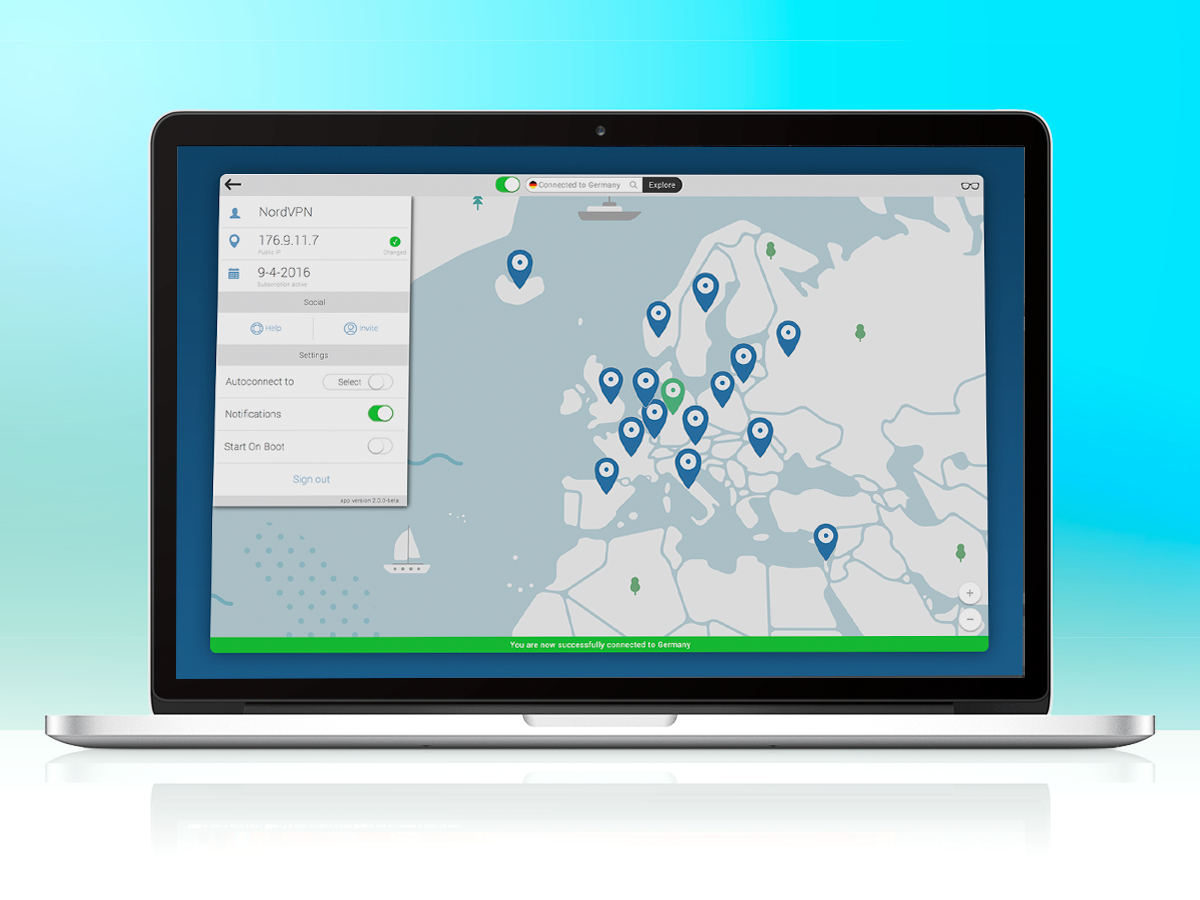
Step two: tackling new-age nasties. I love free Wi-Fi. Whenever I can I’ll head out to a pub or coffee shop just to find somewhere to work other than the office. Sure, the chair’s nicer there, but it gets boring after a while.
But free Wi-Fi isn’t really safe. Anyone on the same network can use nasty software to leech the info you type in whenever you don’t use an “https” web page, and even those secure pages can be compromised.
The more I read into this stuff, the more I feel like I’m slowly fashioning a tinfoil hat out of pure Googling. But when the solution is so easy, it’s worth looking into. I’m talking about a VPN.
What this does is to encrypt all your internet use, even with unsecured pages. You’re much safer regardless of where you’re browsing, and as a side benefit the government can’t track you. And, err, it looks the conservatives are really getting into that sort of stuff.
I’ve been trying out NordVPN. It costs about £4 a month and is so deliciously simple, it’s actually fun.
Install the NordVPN app on your laptop, desktop or phone and you see a cartoony map of the world, packed with all the servers it operates. One click/tap and your internet browsing starts getting routed through Iceland. Or Italy. Or India.
If you have an advanced router you can even set it up so everything in your house gets the VPN treatment. But as I’ve only just got internet installed I’ll leave that for 2017. Internet may be considered a human right by the UN, but that doesn’t stop you going without it for a month when you move house.
The Big Question › How do I become invisible online?
Social spring clean
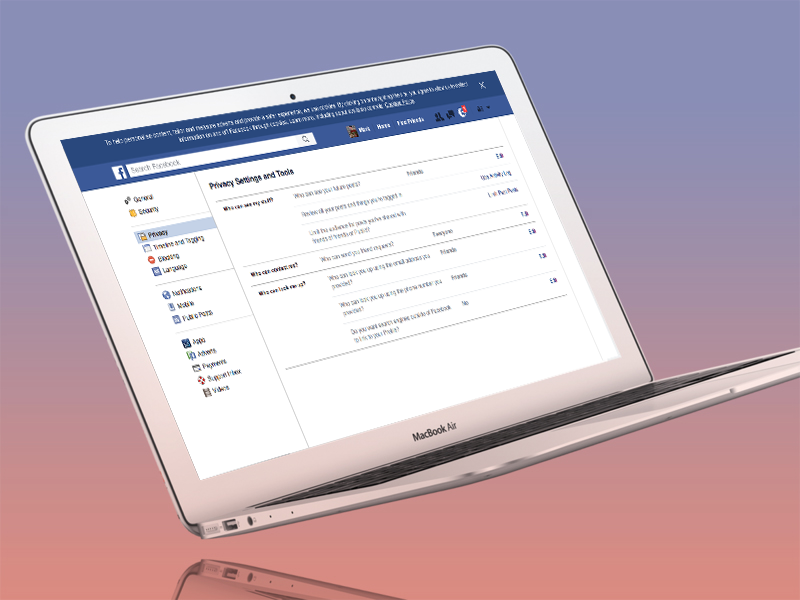
I’m on the way to being fully nerded-up on my internet use. But the most important part of privacy for a lot of people is something simpler.
Every time I see a slightly drunken photo of me, showing off the excess chin I never managed to shift in the gym, I get a little self-obsessed anxiety spike thinking about who might have seen it already. Paranoia justified?
Probably. It only takes a minute to go through the privacy settings (see below) for your social networks: Facebook, Twitter and Google+ are the ones to watch out for. This tailors exactly who can see what.
After one too many scares about prospective employers finding out bits and bobs through my Facebook I had already tidied these up. But you really should check them over in case all your angry status updates are being broadcast a bit further than you think.
Your five-step privacy plan
1. Check your Facebook permissions, stat
You can tweak your Facebook privacy settings on your laptop. Just click the menu drop-down, then settings, and finally privacy. Here you can alter who sees your posts, and how easily people you don’t know can find you on Facebook
2. Watch what you type
If you’re using public Wi-Fi, always check for “HTTPS” in the address bar. This means whatever you send is being encrypted, so can’t be hijacked like the stuff you type into plain old Google and so on.
3. Keep an eye out for wandering eyes
All the techy precautions in the world can’t protect you from someone looking over at your keyboard as you type-in your card details or passwords. Are many people using this like new-wave phone theft? Who knows — better safe than sorry, eh?
4. Ditch your rubbish old passwords
If your password is your surname, the name of your partner or something else some nasty type could find out from a quick bit of social network stalking, sort your game out.
5. Check if your router supports VPN
If you want to get your whole house VPN’d up you’ll need a router that supports DD-WRT. This is a wireless standard you’ll only find in more expensive routers like the Netgear R7000, not the one that your internet provider sent you. Sorry.



